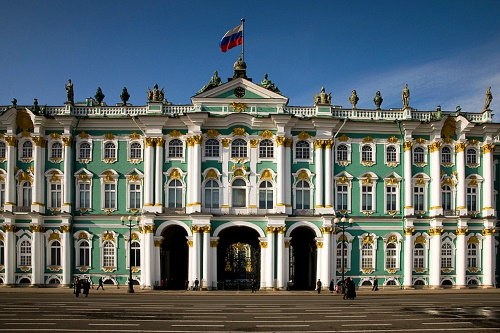 |
| State Hermitage Museum |
I follow intensely the
news about the invasion in Ukraine, thinking of ways in which we could
contribute and be useful, both as individuals and as professionals in the
cultural sector. My starting point is that Culture is anything but apolitical
and, within this context, one of the most controversial topics is that of the cultural
boycott.
Things are moving fast. Just three days ago, I wrote that I wasn’t aware of any formal action to cancel Russian artists just because they were Russian or to remove Russian composers from concert programmes. Then, on Saturday I read Javier C. Hernández’s article in The New York Times about Russian artists being expected to “clarify their position” regarding Putin; about young pianist Alexander Malofeev’s concert being cancelled in Vancouver “for his own safety”; or the Polish National Opera dropping a production of Mussorgsky’s “Boris Godunov… This is definitely how things can get out of hand. Malofeev himself wrote on Facebook that “The truth is that every Russian will feel guilty for decades because of the terrible and bloody decision that none of us could influence and predict.” I wonder whether it was “satisfactory” enough…

